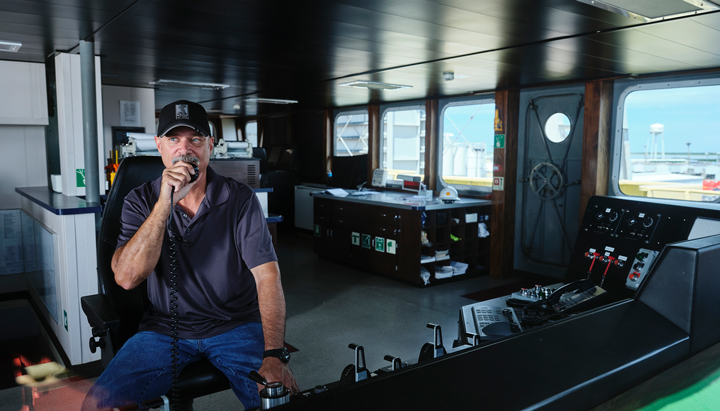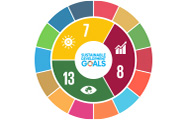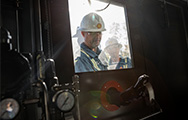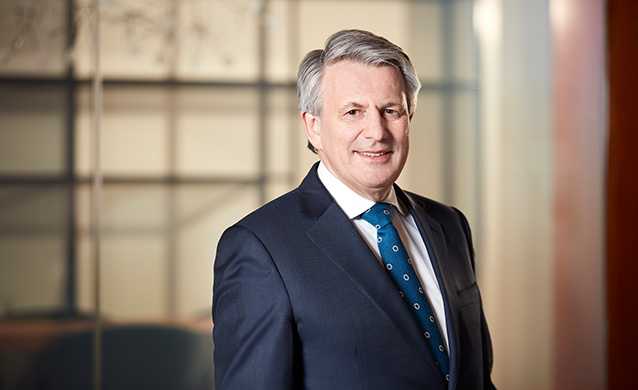Supply chain
Shell aims to work with contractors and suppliers that behave in an economically, environmentally and socially responsible manner.
Our approach to suppliers and contractors is set out in our Shell General Business Principles and Shell Supplier Principles. These principles cover requirements such as business integrity, health and safety, and human rights. Working with suppliers and contractors in this way is crucial to being a responsible member of society.
Read more about how we work with contractors and suppliers at www.shell.com/business-customers/shell-for-suppliers.
In 2019, Shell spent $44.9 billion on goods and services from around 29,000 suppliers globally.
Supply chain in 2019
Suppliers
Goods and services
Our suppliers and contractors are critical to our ability to run our business. They are involved in almost every step of our operations – and are often key to having a positive impact on the community and achieving successful business outcomes.
Human rights
We are collaborating with BP, Equinor and Total to create a standard approach to human rights supplier assessments for the energy industry. The aim is to make it easier and more efficient for suppliers to show how they respect human rights and care for their people. In 2019, each organisation began using a common framework developed for all risk-based labour rights assessments of suppliers. We continue to invite companies in the energy industry to join the initiative.
The initiative supports the objectives of UN sustainable development Goal 8 to “promote sustained, inclusive and sustainable economic growth, full and productive employment and decent work for all”. We also continue to support the UN Global Compact and its corporate governance principles on human rights.
Read more on our approach to human rights at www.shell.com/sustainability/transparency/human-rights.
Worker welfare
In 2019, we carried out an internal assurance review to assess the design and operational robustness of our control processes to ensure we fulfil our commitment to respect human rights (see Respecting human rights).
We have detailed guidance for our project management teams that sets minimum global standards for worker welfare and respect for people. We continuously aim to deliver a standard of accommodation and facilities that improves the quality of life and well-being of people working on our projects. This includes accommodation and facilities that enhance their well-being and promote safe and productive work.
We conducted a review of our approach to worker welfare in 2019, including how suppliers and contractors working at our sites care for their people. The outcome of this review has resulted in the development of a new chapter on worker welfare for our management system, which we call our Health, Safety, Security, Environment and Social Performance Control Framework.
It will require an assessment of worker welfare risk and, where necessary, the creation of a worker welfare plan for the site, and require that contractors and suppliers also make a worker welfare plan for their staff. We expect the content of worker welfare plans to cover the areas addressed by the Building Responsibly Worker Welfare Principles.
Lower-carbon supply chain
We continuously work with our contractors and suppliers to find ways for them to build lower-carbon solutions into our supply chains. For instance, we are installing performance optimisation software and battery storage systems on our contracted offshore supply vessels to reduce fuel consumption and lower greenhouse gas emissions.

In Louisiana, USA, we have been playing an important part in the state's coastal economy for more than a century.
 Climate change
Climate change
 Sustainable development goals
Sustainable development goals
 Safety
Safety
 About our data
About our data
